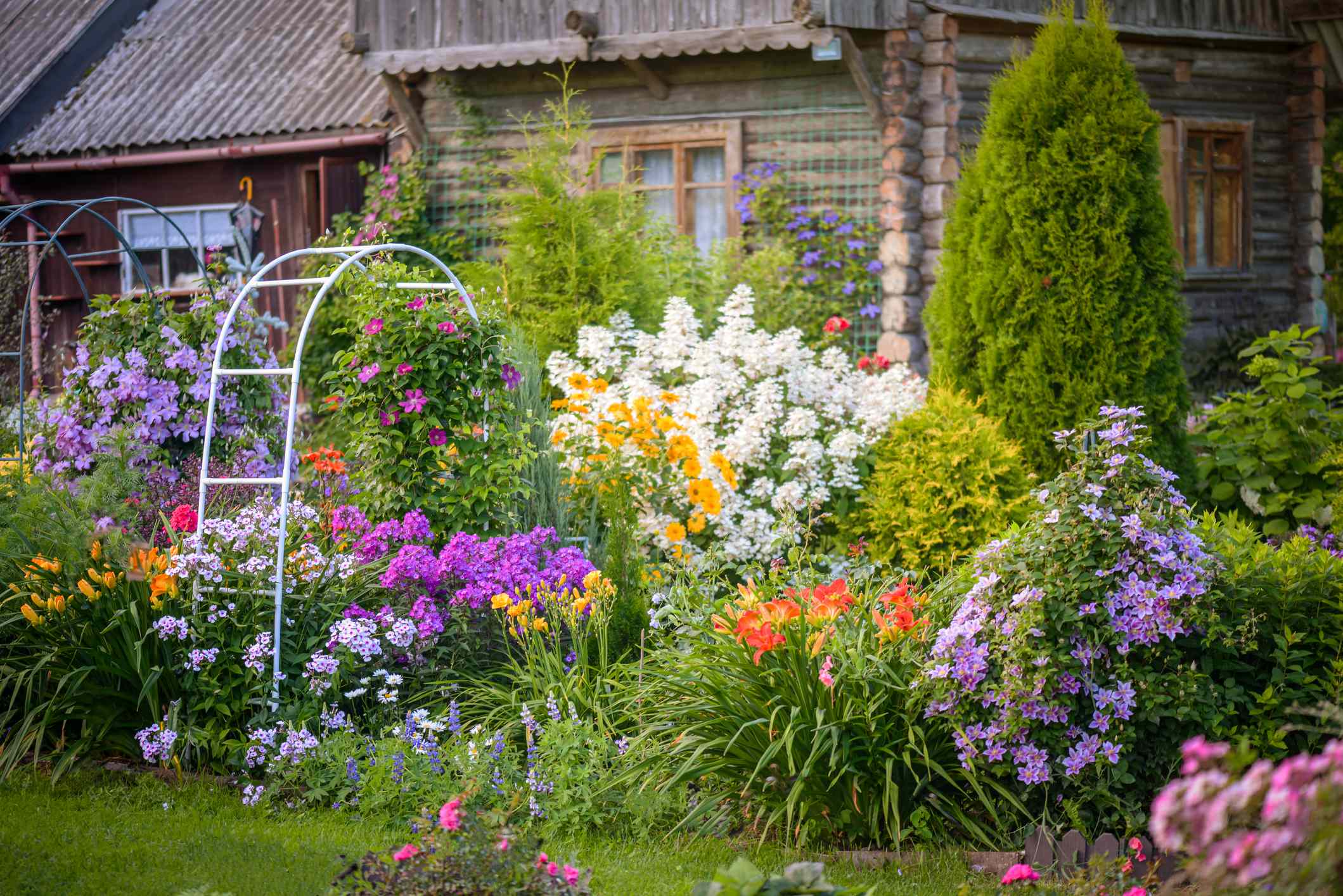:max_bytes(150000):strip_icc():format(jpeg)/GettyImages-14140235011-5a8a62f1472a42b88d5c4b0385556ba2.jpg)
Key writing
- The healthy soil should be priority, but sometimes fertilizer is better made than the domestic Hack.
- Instead of trying stories about old women for pest bumper, gardeners should try pest resistant plants.
- Gardening should always be in connection with joy; It is important to nurture a relationship with our environment.
We are all shaped with religious family and old wives, whether we are in crush, kitchens and that, even our gardens. Often this advice lasts generation because it is like that in point. The second time, it simply became habit.
With that in mind, we decided to apply with a few garden professionals to find out who are advice tips that have learned from their own grandparents, and which tidbits stood a test time.
Meet the expert
- Mary Phillips Is the head of stem plant habitats and certificates in the National Federation of Wildlife.
- Linda Father is a professional garden designer and spokesman for the collection of the Billy Collection South Living®.
- Wes Carbull Is the Jackson & Perkins Trade Expert.
Feed the soil rather than just a plant
Zbynek Potcil / Getty Images
Vrdeni Pro Mary Phillips says favorite mantra grandma and grandma was Feed the soil, not just a plant.
“Chemical fertilizers never shake,” she says. “Instead, they used generous amounts of compost, old manure and leaf mold to fill the ground every spring and fall.”
For Phillips, this advice doesn’t only work, it lasted in her adult life.
“Feeding soil is the secret of a successful garden,” she says. “Hi soil supports a variety of ecosystem, improves water retention, reduces the need for synthetic fertilizer and eventually leads to a healthier plant.”
As a great advocate of the garden for wild animals, Phillip says that its compost bin is equally critical of its own gardening access as well as its grandmothers and grandmothers.
Want more darts tips? Sign up for our free kindergartens Bulletin for our best tips for breeding, troubleshooting and more!
Cancel pests by human hair
According to the Pro Garden, Linda Water, Grandma and Grandma used hair from the hair of the pest disposal.
“The idea behind him is that adding a human smell to the garden to scare pests away from your plants, reducing unwanted nibbling and protecting your garden,” she says.
While the second generation could swear with this method, the water has its doubts – especially because you obviously need to replace your hair often.
“There are a lot of other solutions that have a proven practice of success,” she says.
Instead, the Water is a large advocate for planting pest resistance plants, such as those who have thorns and rough textures that are difficult or uncomfortable for chewing.
“You can even plant these pest resistant plants as a border around more attractive flowers, fruits, vegetables and plants to disruptive garden carbon,” she says.
Never leave the ground naked
Credit:
Alastair James / Getty Images
Like another tip from grandparents, Phillips says she’s learned to never let the soil naked.
“They were solid believers in Mulchic, often using straw, shredded leaves or inextriceable wooden chips around their plants,” she says. “If they had no mulch, they would be a ground floor.”
Now, as an adult, Phillips understands that this is a great way to support soil health and save water.
“The use of original associations and mulches suppress weed, reducing the resource competition,” says Phillips, which notes that it also moderates the soil temperature, prevents evaporation and adds organic matter. “The burning soil is easily expressed and dried quickly.”
Bury banana peeling next to the bushes of roses
According to Rose Expert Wes Harvell, his grandparents taught him to bury banana bark in the bush rose. They said that, they should help them bloom bigger and brighter.
“Although it can be true, (banana crusts are) targeted nutrients with potassium, just one of the nutrients needed for roses,” says Carpull. “Always start with the soil test to know which your soil needs before you change it.”
However, when faced with a soil that is called on potassium reinforcement, Carpull admits that it still uses the version of this same trick – only with agile. Instead of just burying the entire banana wheel, he hampered or merges them and mix them in their compost.
“It’s a simple, sustainable way to use waste and feed soil again naturally,” he says. “Peels can also be soaked in the water a few days to make tea that can be used for water roses.”
But if you find a banana not doing anything for your garden, Savell says it is best to opt for balanced fertilizer roses involving potassium and phosphorus.
Catch and release small pests
According to the Gardening Architect and the Author Pieter CroesIt has idle in the daily process of removing your grandfather’s pest in their plant garden.
“He told me that every day before breakfast will walk through the garden to catch the snails and remove them,” Croze says. “It became part of his morning routine – would go to check the vegetables, but also see if the snails cause problems.”
For Croes, this came in the idea that every aspect of the garden can be meditative and relaxing.
“Connects you with a garden and makes maintaining less cargo and a more moment of silence and joy.”
Always remember the gardening talks about joy
One thing we all often forget when it comes to our homes and gardens that it should be related to joy. Phillips says her grandfather, especially was a huge advocate of the memory of this critical fact.
“He learned me the value of coexisting and supporting wild animals and nurture a relationship with the natural world,” she says. “The garden is a living system, where everything is interconnected.”
